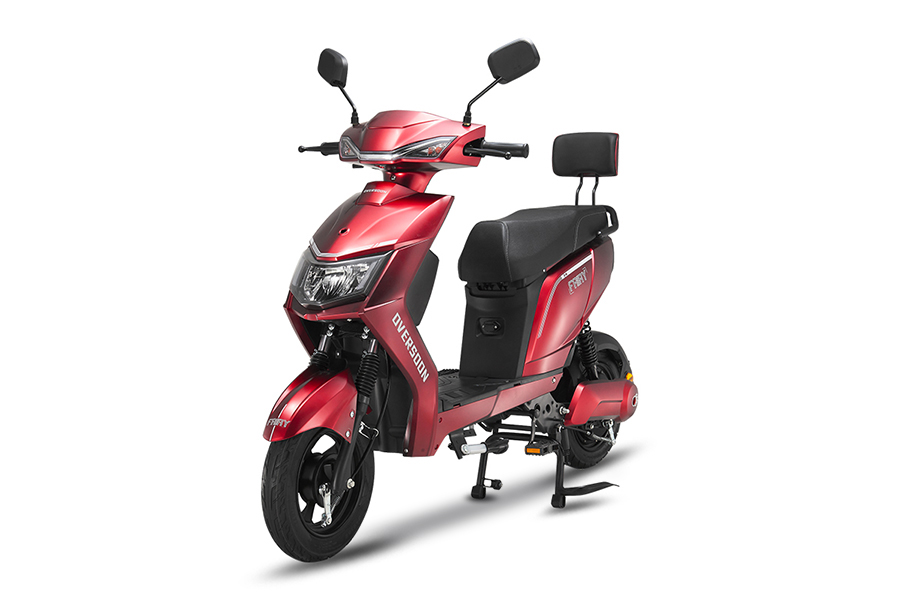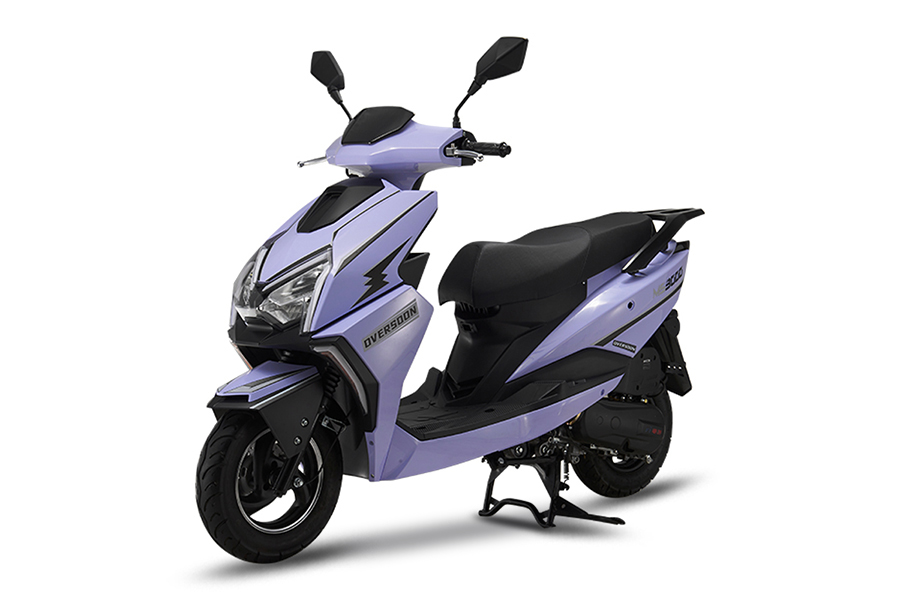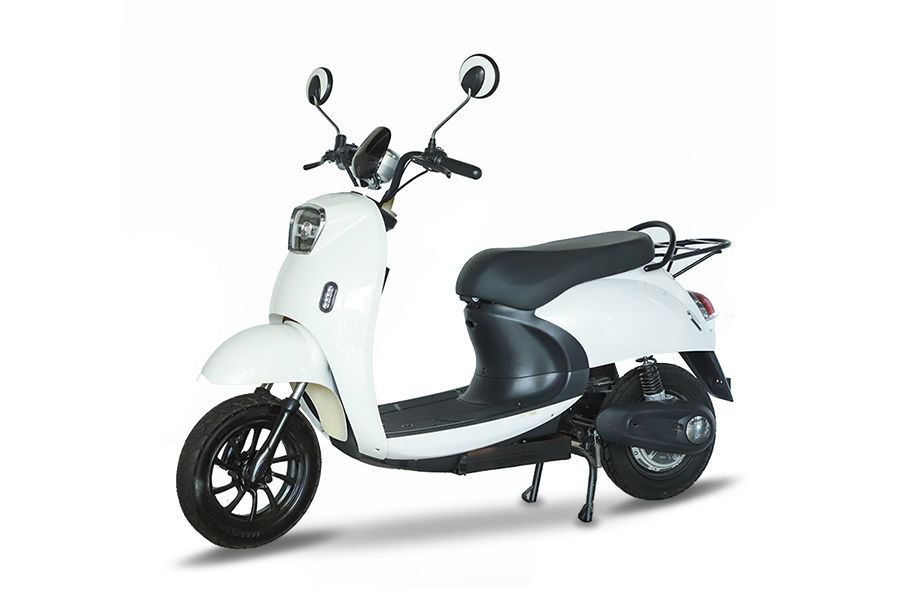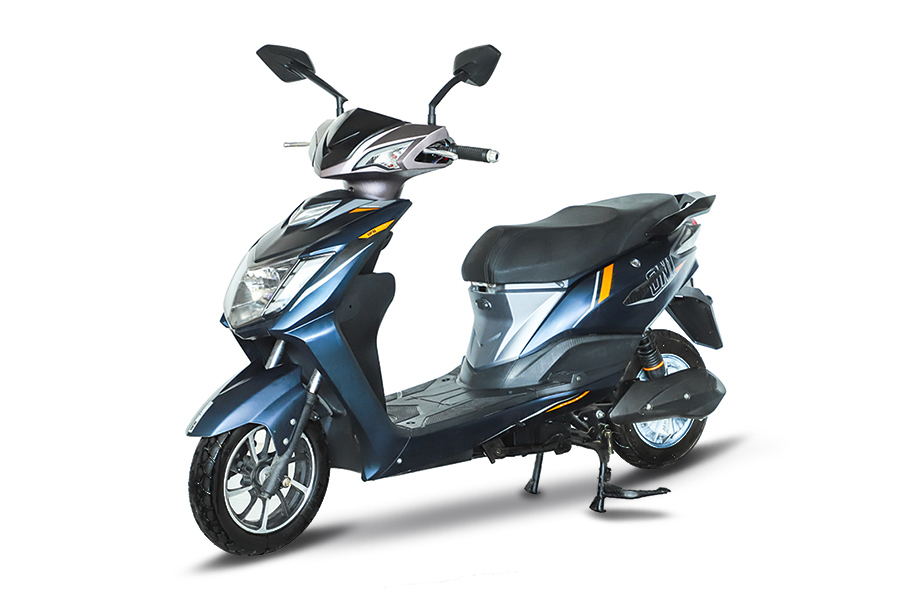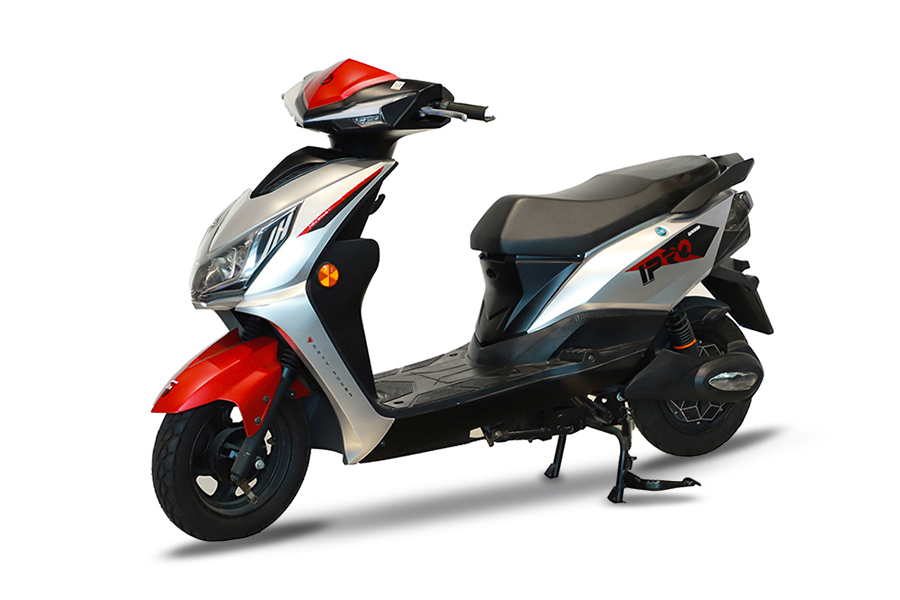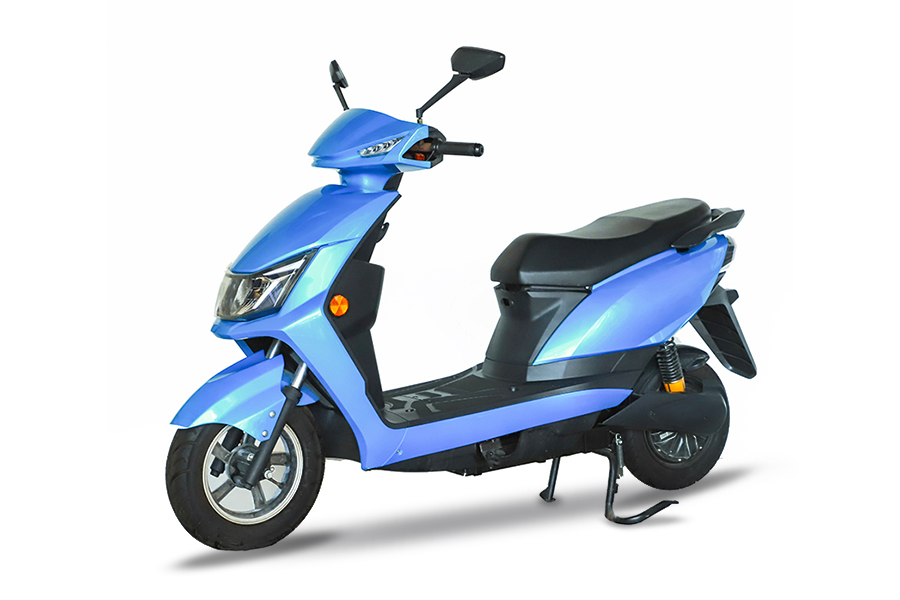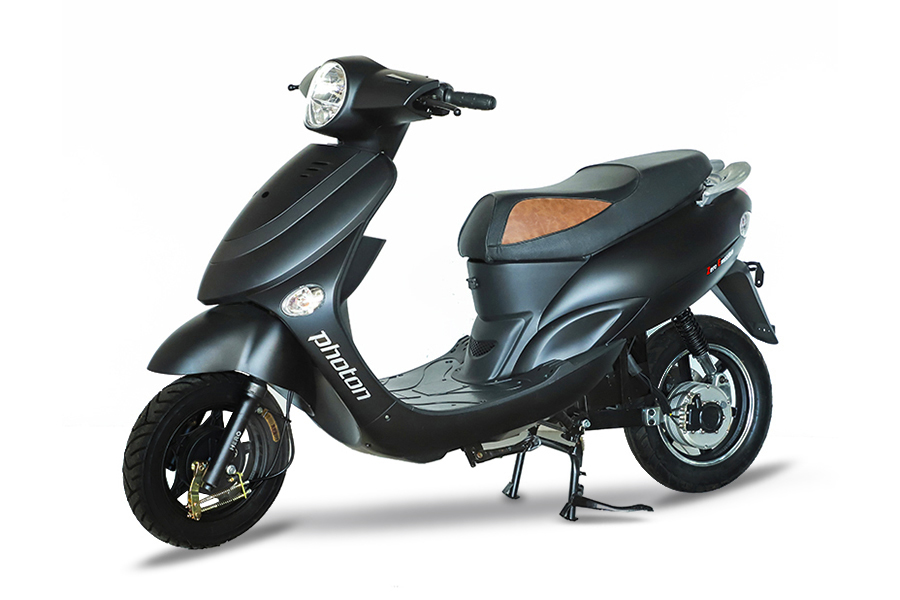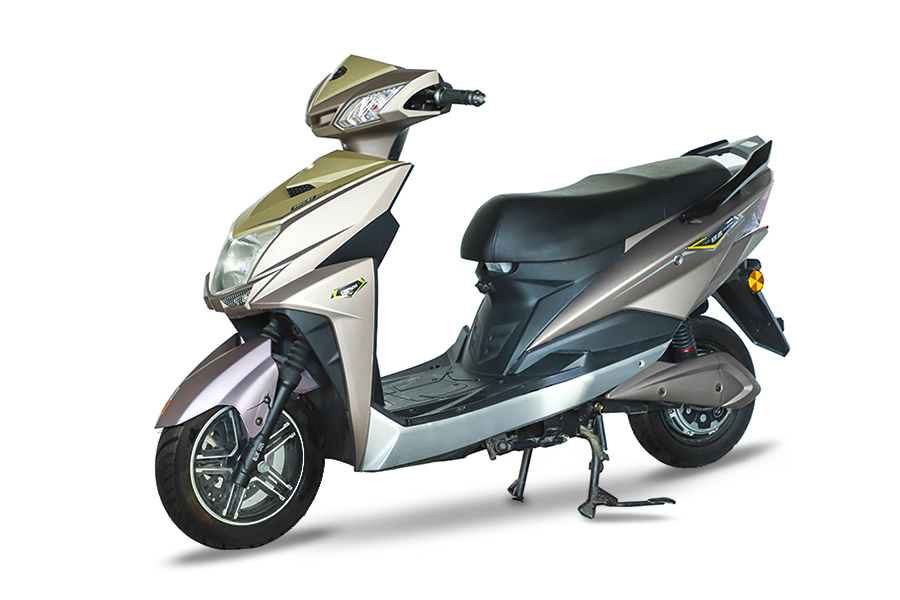As urban areas grapple with increasing congestion, pollution, and the need for sustainable transportation, electric scooters have emerged as a viable solution for city dwellers. This mode of transportation is not only eco-friendly but also offers convenience and flexibility for daily commutes and recreational use. In this article, we’ll explore the evolution of electric scooters, their benefits, features, and how they are reshaping the way we navigate urban environments.
The Evolution of Electric Scooters
Electric scooters have come a long way since their inception. Originally designed as a simple means of transport for children, advancements in technology have transformed them into robust vehicles suitable for adult riders. The generation of electric scooters featured basic designs and limited battery life, making them impractical for longer distances. However, with the advent of lithium-ion batteries and improved electric motor technology, modern electric scooters boast impressive performance, range, and style.
Today’s electric scooters can reach speeds of up to 20-30 mph, with ranges exceeding 50 miles on a single charge. This evolution has made them a popular choice for urban commuters, students, and recreational users alike. Furthermore, the availability of various models caters to different preferences and needs, making electric scooters more accessible to a broader audience.
Environmental Benefits
One of the significant advantages of electric scooters is their positive impact on the environment. Traditional vehicles contribute to air pollution and greenhouse gas emissions, exacerbating climate change. In contrast, electric scooters produce zero tailpipe emissions, making them a greener alternative for urban travel.
By choosing electric scooters, riders can significantly reduce their carbon footprint. According to studies, replacing a car trip with an electric scooter can reduce carbon emissions by up to 90%. This shift is crucial as cities worldwide strive to achieve sustainability goals and improve air quality. The increased adoption of electric scooters can contribute to cleaner urban environments, promoting healthier living conditions for residents.
Cost-Effectiveness
In addition to environmental benefits, electric scooters are a cost-effective transportation solution. The initial investment in an electric scooter can be recouped over time through savings on fuel, parking, and maintenance costs. With prices for electricity significantly lower than gasoline, riders can enjoy economical commutes without the financial burden associated with car ownership.
Moreover, many cities are implementing incentives for electric vehicle users, such as reduced parking fees or tax credits. As public transportation costs continue to rise, electric scooters present an attractive alternative that can save users money in the long run.
Convenience and Flexibility
Electric scooters offer unparalleled convenience for urban travel. Their compact size and lightweight design make them easy to maneuver through traffic and tight spaces. Riders can quickly navigate congested streets, bypassing gridlock and reaching their destinations faster.
Furthermore, electric scooters are portable and can be easily folded and stored in small spaces, making them ideal for commuters who need to take public transport. Riders can hop on a bus or train with their scooters in tow, seamlessly integrating different modes of transportation into their daily routines.
Safety Considerations
While electric scooters provide many benefits, safety remains a concern for riders. To mitigate risks, it is essential for users to adhere to traffic laws and wear appropriate safety gear, such as helmets. Many modern electric scooters are equipped with features designed to enhance safety, including bright LED lights, reflectors, and responsive braking systems.
Additionally, cities are beginning to implement infrastructure changes to accommodate electric scooters. This includes the development of dedicated bike lanes and designated parking areas, which can help reduce accidents and promote safer riding conditions. As electric scooters become more popular, ongoing education about safe riding practices will be vital in ensuring a positive experience for all road users.
The Social Impact of Electric Scooters
The rise of electric scooters is not just about individual mobility; it also has significant social implications. As more people adopt electric scooters, cities can experience a shift in transportation culture. This transition encourages active lifestyles and promotes a sense of community among riders.
Electric scooters can also alleviate the burden on public transportation systems during peak hours. By providing an alternative for short-distance travel, electric scooters can reduce overcrowding on buses and trains, ultimately improving the overall experience for commuters.

 English
English Español
Español